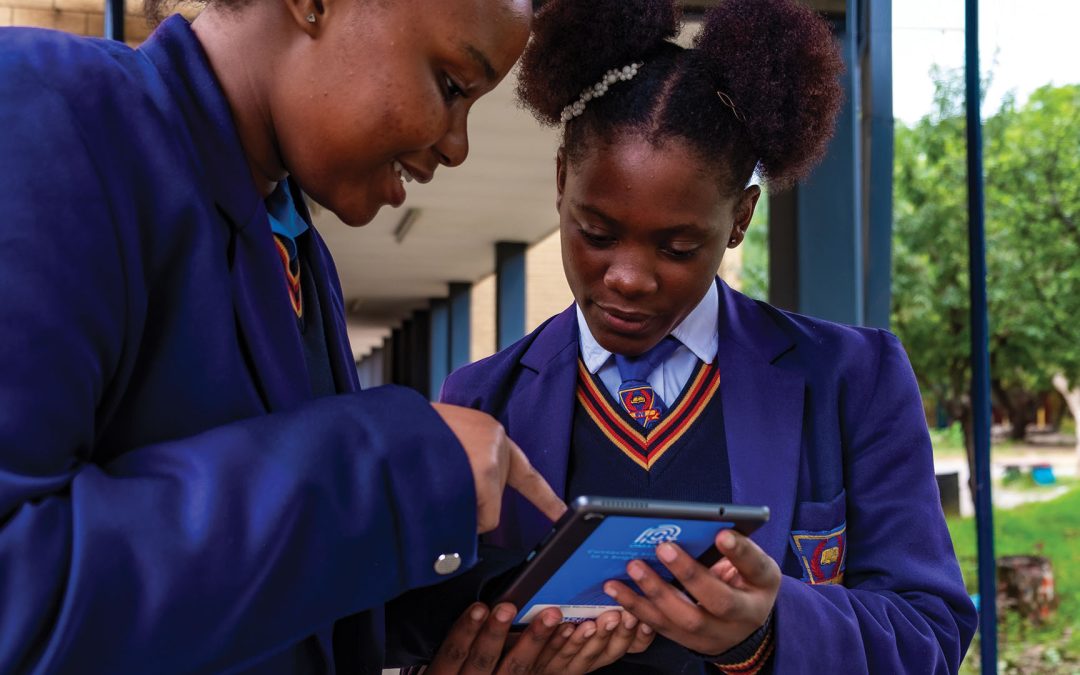Educational technology, or ed-tech, is not a new concept, but the radical infrastructural approach that ODIN Education has developed is successfully bridging the digital divide in classrooms across India and South Africa.
Right now, there is a huge opportunity to transform education in developing countries, the head of ODIN Education, Ajit Gopalakrishnan, believes.
“The need for change in education isn’t new. Ed-tech itself isn’t new – some companies have been doing it for close to 20 years,” says Gopalakrishnan.
“But there are significant infrastructural challenges in developing countries that widen the digital divide. At ODIN Education, we believe we can fill in the gaps in accessibility to education and technology. Our aim is to be a complete infrastructure solution, and to develop a way for ed-tech to be implemented at scale.”
Full stack solution
Gopalakrishnan describes ODIN Education as a “full stack” solution.
“We put the entire infrastructure in place – everything from hardware to software, and we also provide support for what we call warmware – the students and teachers themselves.”
ODIN Education deploys ed-tech devices, personalised for every learner and pre-loaded with educational resources, which are all connected to the cloud server.
“It’s a safe, managed solution. Our system is closed, and the children can access only what we open to them,” he says, adding that analytics currently show substantial engagement – an average of 51 minutes per learner per day.
Where there are larger constraints such as poor connectivity in far-flung rural areas, the system provides a mix of online and offline resources.
Holistic education
“We don’t believe that fully online learning and teaching is the solution, but at the same time, traditional ways of teaching are outdated. So, our approach is a hybrid one, deploying tech into schools to sustainably augment the learning process.”
Essentially, Gopalakrishnan says, there are two problems to solve: access to resources and the education system itself.
“We cannot treat every child the same. We need a dynamic, personalised curriculum that understands the child and the environment they are in.
“I don’t believe we have a shortage of talent or passion. What we are creating is the infrastructure to find the talent and nurture it.
“The integration of AI helps us figure out what a particular child is good at and interested in, and then to connect that child to the resources they need to develop their talent. We can be pioneers in a new way of educating.”
ODIN Education is currently being rolled out with the support of private companies who have the vision to invest responsibly and sustainably in the future.

